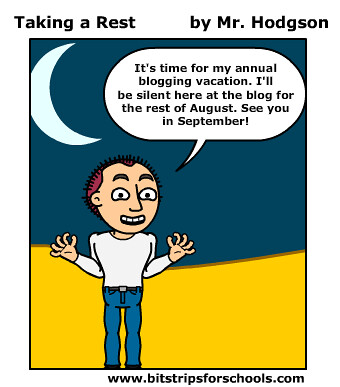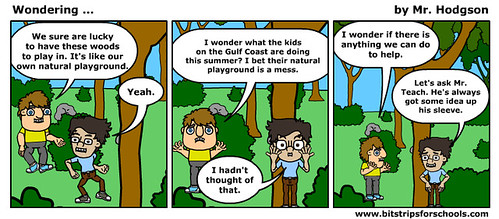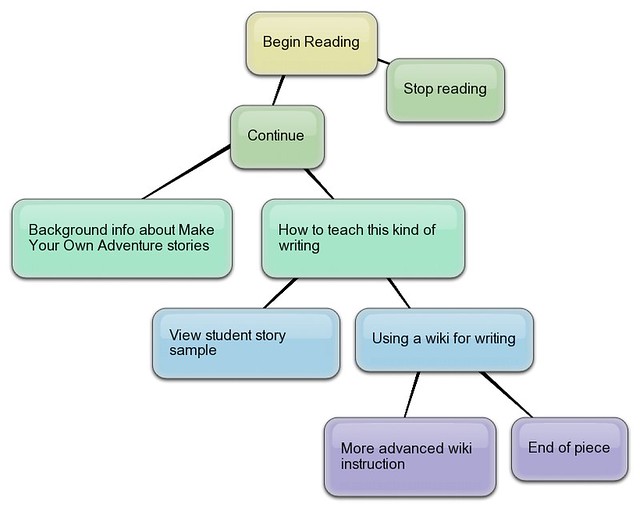(A note of disclosure: my blog title for this story is hyperbole for sure, but I could not resist the rhyme! I hope you understand. Also, this is part of the Epic Fail Story Day at The Tempered Radical. )
Learn more about this project
Each year, my sixth graders launch into a unit of study about the origins of the English Language. It’s fun stuff, allowing them to play with words in all sorts of ways, from reading parts of of the novel Frindle to inventing words to examining words from other languages that have crept into our English.
One element of this unit is to take a look at William Shakespeare, who was an incredibly active inventor of words (when did that guy have time to sleep, anyway?). For most, this is the first introduction into Olde Early Modern English and I took the lead from my wife, a former high school teacher, to use Shakespearean insults to liven up the class. (One day, my principal walked in as I had the kids lined up on two sides of the room, shouting out Shakespearean insults to one another. Luckily, he likes an active classroom. And just as lucky, the kids didn’t turn the insults on him.)
One year, as an extension activity, I found a random Shakespearean insult generator on the Web and embedded it into our classroom blog (note: it’s not the one embedded here. I could not find the one I used). This was before I was using Edublogs as host for our classroom blog, and the platform I was using was Manila (anyone remember that?). I was relatively new to blogs, and the platform was a bit unstable at times. It was often under construction, meaning my administrative access would suddenly and unexpectedly no longer exist for short periods of time.
You know where this is going, don’t you?
So, there we are, working on a project. Some kids begin to finish early, and I allowed them to grab the laptops and head to our blog site, and I urged them to check out the insult generator. I notice things were getting a bit quiet in that corner of the room, and then, laughter. Then, more quiet. You know how teachers can get that spidey-sense that something is not right? That’s what I got.
“Um, Mr. H, you need to see this.”
“What?”
“That Shakespeare thing. It’s … inappropriate.”
“Huh?”
I rushed over and sure enough, the insults were a bit more randy than I had expected, particularly for sixth graders. I had briefly checked out the site and it had seemed fine. I guess I needed to spend a bit more time with the generator before sharing it with my students. I can’t remember the exact insults, but “breasts” and other explicit body parts were there. It was all true Shakespeare, but still. I quickly got onto my desktop computer, hoping to remove the blog post with the embedded generator. Normally, I could do this in a second.
Not on this day. Manila was down. No access. I couldn’t do a thing to my site. The generator continued its magic, sputtering out insults with every click of the mouse.
What could I do? I told my students to turn the laptops off. Of course, by then, every kid in the classroom was crowded around the few that were online, trying to see what made me rush to my computer. They were clicking through quickly now, trying to find the profane insults before I hit the power button myself. Finally, all the laptops were shut down. I gave a little talk about all the kinds of things you can find online and explained how Shakespeare was not afraid of language (quick, turn it into a lesson, my teacher voice said) of all kinds.
“Well, I guess we learned more about Shakespeare than you wanted, eh, Mr. H?” one of my students asked, not needing an answer.
Yep. And I learned (again) that I needed to be a bit more vigilant about what I bring my students to, including spending more than a few minutes scanning through insult generators.
Peace (in the fail),
Kevin




